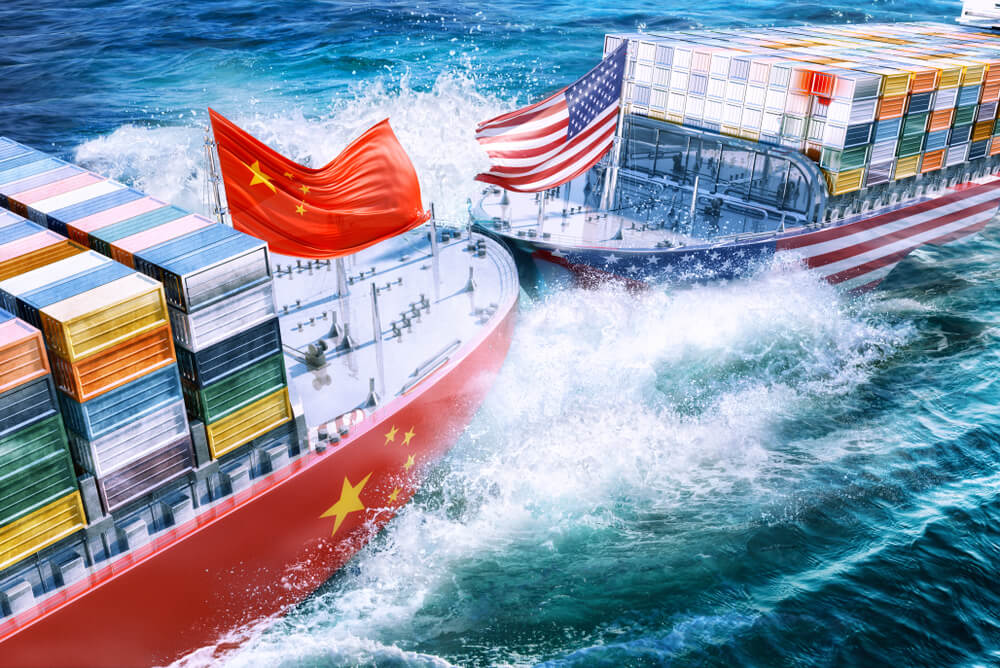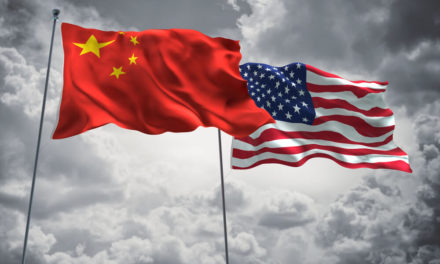The United States and China have already dragged their trade dispute out over the last 18 months, but Beijing seems to be OK with that.
Yi Xiong, a Chinese economist at Deutsche Bank, says China is hunkering down in preparation for a fight that could go longer than the U.S.-Japan trade war of the 1980s that went on for more than a decade, according to CNBC.
“We think China is neither aiming to quickly reach a trade deal, nor trying to hit back at the U.S. as hard as it can,” Xiong said in a note Wednesday. “China’s current strategy likely has a long time horizon embedded in it. The time horizon may also go beyond the life cycle of the current U.S. administration.”
A perfect example of this is the latest tariff trade between the world’s two largest economies. U.S. President Donald Trump threatened a 10% tariff on $300 billion in Chinese goods, some of which have been delayed and even increased, but Beijing only retaliated with smaller tariffs in the 5-10% range on $75 billion in U.S. goods. Xiong says this is to “disincentivize further U.S. tariffs,” not to inflict maximum damage.
“China will still respond to US tariffs, but with smaller and targeted measures,” he said. “For the same reason, China is likely reluctant to take non-trade actions against the U.S., such as punishing U.S. business interests in China.”
To the contrary, China welcomes U.S. businesses, citing a recent grand opening of its first Costco located in Shanghai that had to be closed early because of the massive crowds trying to get a taste of U.S. consumerism. Tesla also is building a “gigafactory” in Shanghai that will greatly increase production of its popular electric vehicles.
In a further effort to decrease reliance on U.S. exports, China is increasing trade efforts with other countries. Beijing is courting Thailand, Japan, South Korea and countries in Latin America, according to multiple articles published in the People’s Daily, the Chinese Communist Party’s official newspaper.
Xiong argues that with a more diverse supply chain, Beijing can give up less in negotiations with its main trade foe, Trump.
China also is looking within. To increase domestic consumption, the State Council, China’s central government, released 20 measures to increase consumer activity within the country, including new circulation technology, improving city infrastructure and accelerating the development of chain convenience stores, according to state-run media Xinhua.
Hu Xijin, editor of a tabloid under the People’s Daily and a constant resource for Wall Street pertaining to trade war insights, tweeted Tuesday that it is getting “more and more difficult for the U.S. to press China to make concessions.”




